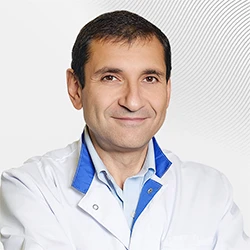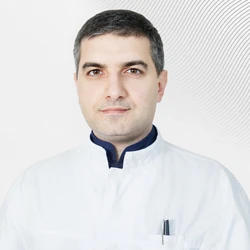What does an allergist treat
The cause of allergies is an acute reaction of the body to any environmental factors, such as plant pollen, house dust mites, animal hair, various foods, medicines, cosmetics, etc. Increased immune reactivity can lead to various conditions that require the attention of an allergist.
The most common allergic reactions include:- Pollinosis. Pollen allergy is diagnosed in almost 8% of the population. The disease is seasonal and in the middle zone of Russia it usually manifests itself from April to September, during the flowering period of a certain plant. Pollinosis is accompanied by symptoms from the mucous membrane of the eyes and respiratory tract (allergic rhinitis or conjunctivitis).
- Dermatitis. Allergic dermatitis is a pathology that every fifth person has encountered at least once. In contact dermatitis, skin damage occurs due to direct contact with the allergen. With atopic dermatitis, a reaction can occur to various factors, including food.
- Hives. An allergic disease characterized by the appearance of blisters on the skin. Depending on the severity and duration of the course, urticaria can be acute or chronic. A special case of urticaria is Quincke's edema, an angioedema that, if left untreated, can be life—threatening.
- Bronchial asthma. A disease that is accompanied by chronic inflammation of the respiratory tract and respiratory disorders. The development of bronchial asthma can be influenced by house dust, house dust mites, animal hair, plant pollen, etc.
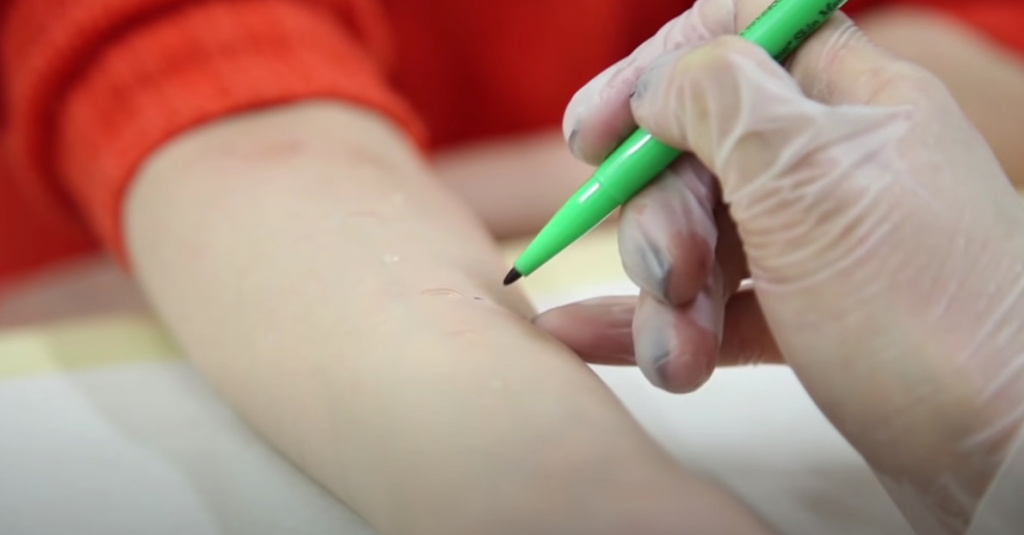
Allergies to medications, food, and other factors are also extremely common.
When to contact an allergist
A referral to an allergist-immunologist can be prescribed by a doctor of another specialty, for example, a general practitioner or pediatrician, dermatologist, ENT. However, you can also contact an allergist yourself if you have discovered symptoms that may be allergic in nature:
-
sneezing, itchy nose, nasal congestion, or watery phlegm during the flowering season;
-
redness, itching, eye irritation, lacrimation during the flowering season;
-
skin symptoms: itching, irritation, rashes, blisters;
-
significant swelling of the face, lips, tongue;
-
long-term symptoms of respiratory tract inflammation: cough, wheezing, difficulty breathing.
It is also recommended to visit an allergist if antihistamines have stopped bringing relief or the symptoms of allergies and bronchial asthma are progressing.
How is the reception
At the reception, the doctor conducts a clinical examination of the patient, which includes:
-
a conversation in which the doctor finds out the symptoms and complaints, the presence of allergies in the anamnesis or in close relatives;
-
general examination to detect skin rashes, hives, irritation, edema;
-
palpation of soft tissues to detect edema.
Based on the results of the examination, the doctor prescribes additional examinations that will detect the allergen that causes an undesirable immune reaction.
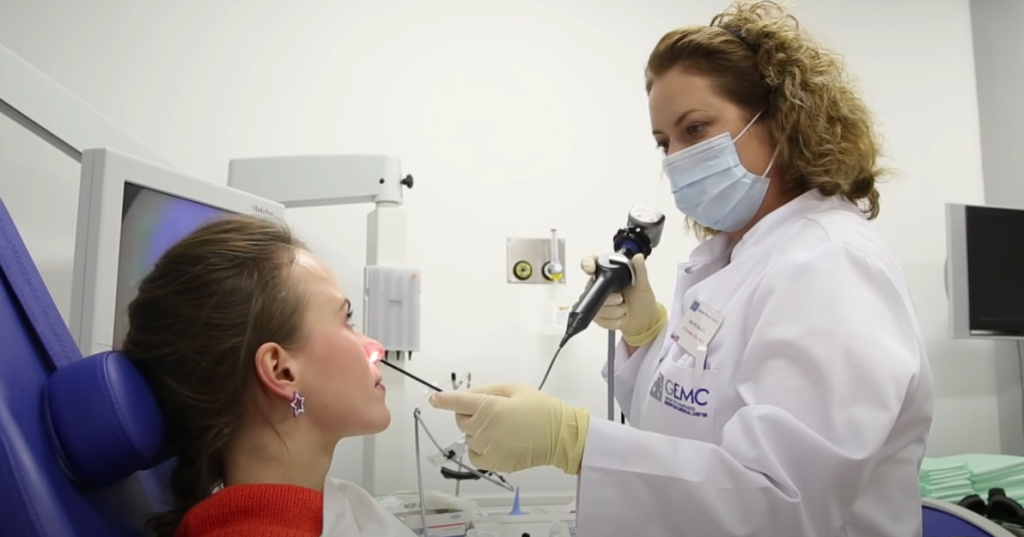
Diagnostic methods
The EMC Clinic provides various diagnostic procedures:-
skin prick testing with the manufacture of individual preparations, including those based on animal hair;
-
Molecular diagnostics is a method that allows you to get reliable results even when other types of analyses have proved to be uninformative.;
-
examination of respiratory function in adults and children for the diagnosis of asthma, even if there are no signs of difficulty breathing;
-
Food Intolerance Test (IgG);
-
a special examination to detect allergies to antibiotics, local anesthetics, analgesics (painkillers) and nonsteroidal anti-inflammatory drugs.
Allergy treatment methods
Therapy is selected based on the nature of the detected disease, the patient's condition, and the type of allergen causing the reaction. The most common treatment method is the administration of antihistamines, which help relieve symptoms and improve the condition of patients. If bronchial asthma is diagnosed, medications are prescribed for seizure relief and supportive therapy.
In addition, the EMC clinic uses an advanced treatment method that allows you to influence not the symptoms, but the cause of the pathology. This is the АСИТ (allergen-specific immune therapy), which allows to achieve long-term remission of an allergic disease andto prevent the development of complications and the progression of the disease.
The method involves the introduction of increasing doses of allergens into the patient's body, as a result of which the immune system adapts and stops overreacting to them. "Allergy vaccination" can be given through subcutaneous injections or sublingually (drops or tablets that are taken under the tongue) .Highly qualified allergologists and immunologists at the EMC clinic have the most modern means to accurately identify the cause of allergic reactions and apply the latest therapies that meet European and international standards. You can make an appointment for a consultation by calling +7 495 933-66-55. < /p>
Questions and answers










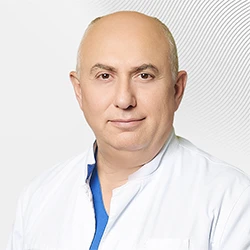
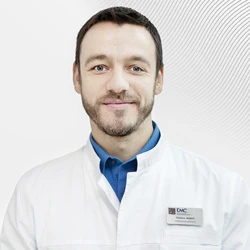




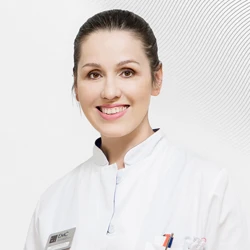

.webp)

.webp)
